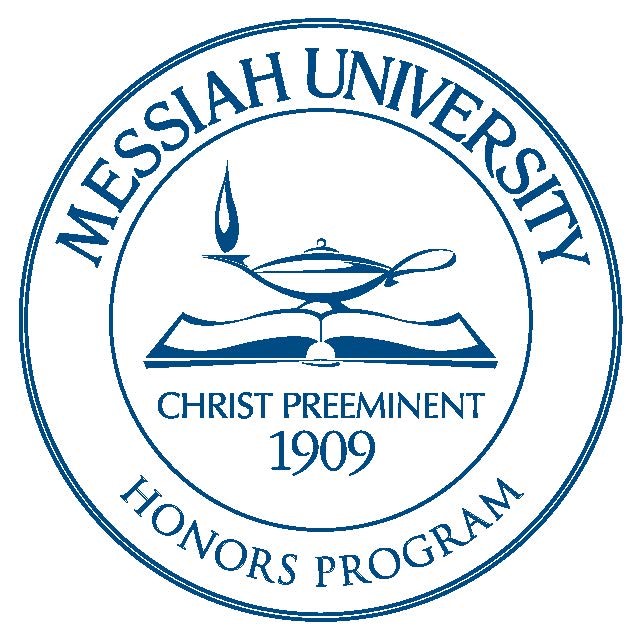Date of Award
2016
Document Type
Thesis
Degree Name
Bachelor of Science (BS)
Department
Biological Sciences
First Advisor
Dr. John F. Harms
Abstract
Pancreatic cancer is the fourth leading cause of cancer death in the United States, with only 11% of patients diagnosed with metastatic disease surviving the first year. Even so, few studies exist to characterize the mechanism of metastasis in this highly aggressive form of cancer. Consequently, it is imperative that techniques, such as tagging cells with green fluorescent protein (GFP), are developed to track cancerous cells over the course of their spread. Unfortunately, the existing GFP vector contains a cytomegalovirus promotor, which is readily silenced by cells and decreases the vector’s usefulness for long-term studies in vivo. It was hypothesized that the insertion of the enhanced GFP gene downstream from a beta-actin promotor with CMV enhancers would increase expression and long-term stability of GFP in pancreatic cancer cells. The enhanced GFP gene was removed from the pEGFP-N1 vector and then ligated into pCAGEN.puro. Murine pancreatic cancer cells were transfected with either pCAGEN.puro-EGFP or pEGFP-N1. Fluorescence intensity and stability were assessed through flow cytometry, revealing that the beta-actin promoter resulted in a greater percentage of cells fluorescing after two months of culture than the cells with GFP expressed under a CMV promoter. Assessment of tumorigenicity of two novel clones in mouse models reveals that one clone in particular shows promise for use in metastasis assays due to its stable fluorescence, high growth rate, and ability to report the presence of metastases and single cells or micrometastases disseminated in the lungs. Ongoing studies are confirming the increase in intensity and stability in human pancreatic cancer lines.
Recommended Citation
Ross, Holly M. and Harms, John F., "Increasing the Stability and Expression of Green Fluorescent Protein in Pancreatic Cancer Cells for Metastasis Assays" (2016). Honors Projects and Presentations: Undergraduate. 5.
https://mosaic.messiah.edu/honors/5


